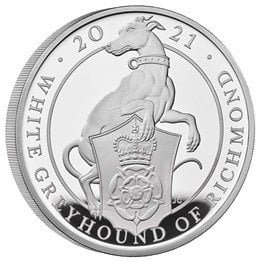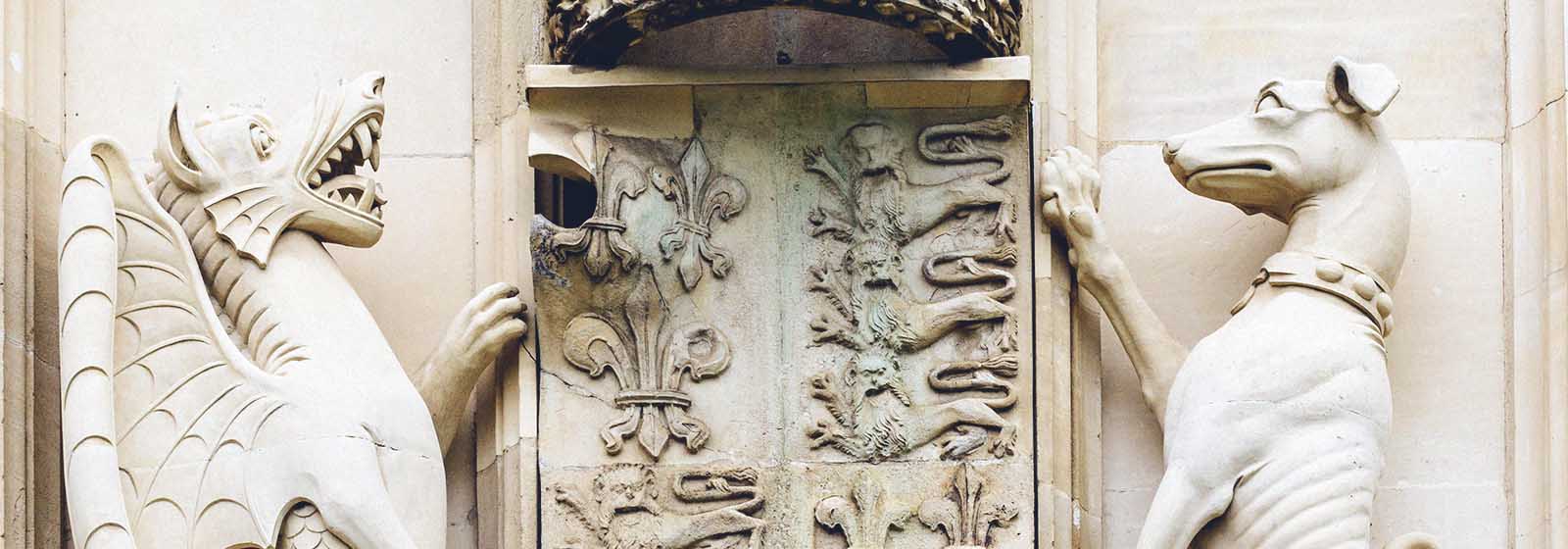The White Greyhound of Richmond coin

The White Greyhound of Richmond is the ninth coin in this popular British coin collection featuring The Queen’s Beasts.
Shop Now
Warning: simplexml_load_file(https://svcs.ebay.com/services/search/FindingService/v1?OPERATION-NAME=findItemsAdvanced&SERVICE-VERSION=1.13.0&SECURITY-APPNAME=JingLyu-shopifi-PRD-f1979435f-49003686&GLOBAL-ID=EBAY-GB&RESPONSE-DATA-FORMAT=XML&categoryId=3394&affiliate.networkId=9&affiliate.trackingId=5338651695&affiliate.customId=TheWhiteGreyhoundofRichmond&sortOrder=BestMatch&paginationInput.pageNumber=1&paginationInput.entriesPerPage=18&itemFilter(0).name=ListingType&itemFilter(0).value(0)=AuctionWithBIN&itemFilter(0).value(1)=FixedPrice&itemFilter(0).value(2)=StoreInventory&itemFilter(1).name=MinPrice&itemFilter(1).value=1&outputSelector=PictureURLLarge&keywords=The%20White%20Greyhound%20of%20Richmond%20-copy%20-filler%20-read%20-various%20-choose%20-cheapest%20-album%20-rare): Failed to open stream: HTTP request failed! HTTP/1.1 500 Internal Server Error
in /home/u942982559/domains/ukcoins.co.uk/public_html/ebay/wp-ebay-title.php on line 117
Warning: simplexml_load_file(): I/O warning : failed to load external entity "https://svcs.ebay.com/services/search/FindingService/v1?OPERATION-NAME=findItemsAdvanced&SERVICE-VERSION=1.13.0&SECURITY-APPNAME=JingLyu-shopifi-PRD-f1979435f-49003686&GLOBAL-ID=EBAY-GB&RESPONSE-DATA-FORMAT=XML&categoryId=3394&affiliate.networkId=9&affiliate.trackingId=5338651695&affiliate.customId=TheWhiteGreyhoundofRichmond&sortOrder=BestMatch&paginationInput.pageNumber=1&paginationInput.entriesPerPage=18&itemFilter(0).name=ListingType&itemFilter(0).value(0)=AuctionWithBIN&itemFilter(0).value(1)=FixedPrice&itemFilter(0).value(2)=StoreInventory&itemFilter(1).name=MinPrice&itemFilter(1).value=1&outputSelector=PictureURLLarge&keywords=The%20White%20Greyhound%20of%20Richmond%20-copy%20-filler%20-read%20-various%20-choose%20-cheapest%20-album%20-rare" in /home/u942982559/domains/ukcoins.co.uk/public_html/ebay/wp-ebay-title.php on line 117

This site contains affiliate links for which we may be compensated, at no additional cost to you.
#aff These are not our products or coins for sale. Please check with the eBay Seller directly to confirm authenticity, rarity, condition, shipping costs and prices. Prices shown here may not be final. Our search results are provided via the Official eBay ePN API.




